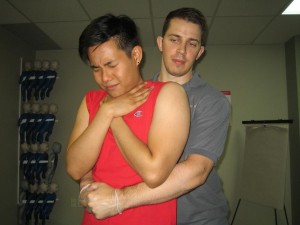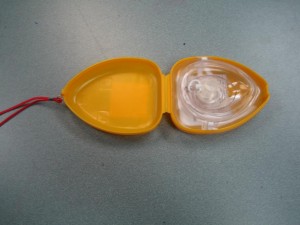
Los Angeles CPR makes Getting certified in Los Angeles very easy through our high quality programs. At all our locations, Los Angeles CPR included, we have basic and advanced training avaiable through the week at various schedules. CPR is a very important skill to have, even if you don’t work in health care or aren’t an allied health professional. There are five programs to choose from, as well as three re-certification classes.
If you visit the Los Angeles CPR website, you will find a form that you can fill out in order to sign up for training. Otherwise, you can sign up in person, over the telephone, or through e-mail.
Why is getting certified in Los Angeles so important?
Cardiopulmonary resuscitation is one of the most overlooked lifesaving skills today. While awareness on cardiac disease and CPR has greatly improved after the internet was invented, a lot of people still aren’t confident about their CPR skills or do not know how to give CPR at all. Los Angeles CPR is focused on teaching not only skills but also attitude, especially during a real emergency, not just training.
CPR is a skill that is used both in and out of the hospital, to help a victim of cardiac arrest. It is made up of three core skills in compression, ventilation, and defibrillation. When you enroll in a basic class, you will learn how to give these three core skills, along with basic first aid. Advanced courses also include core skill training but focus is more on medical management – advanced skills for health care professionals.
- Compressions and ventilations – In the absence of an AED (defibrillator), these two basic skills are enough to help a victim of cardiac arrest. The two are given at a ratio of 30:2, remembering to give compressions at a rate of at least 100 a minute.
- Defibrillation – If an AED is available, defibrillaton can be given to a victim who is experiencing severe cardiac arrhythmias.
List of our training courses

We have eight classes in total, five training and three re-certification classes.
- Advanced Cardiac Life Support (advanced) – 16 hours in 2 days
- Pediatric Advanced Life Support – 14 hours in 2 days
- Basic Life Support for HCPs – 4.5 hours
- Basic CPR/AED for the public – 4 hours
- Basic CPR/AED for HPCs – 4.5 hours
Certification is awarded once the student completes the enrolled program without any absences and with a passing grade on the post-test. CPR/first aid credentials are only valid for two years and have to be renewed before they expire. For rescuers who have let their credentials expire, they have to take the training program again.
Re-certification is only available for the following classes: ACLS (Advanced Cardiac Life Support), PALS (Pediatric Advanced Life Support), and Basic Life Support for HCPs. If you want to renew your credential for the Heartsaver classes, you have to take the program again.